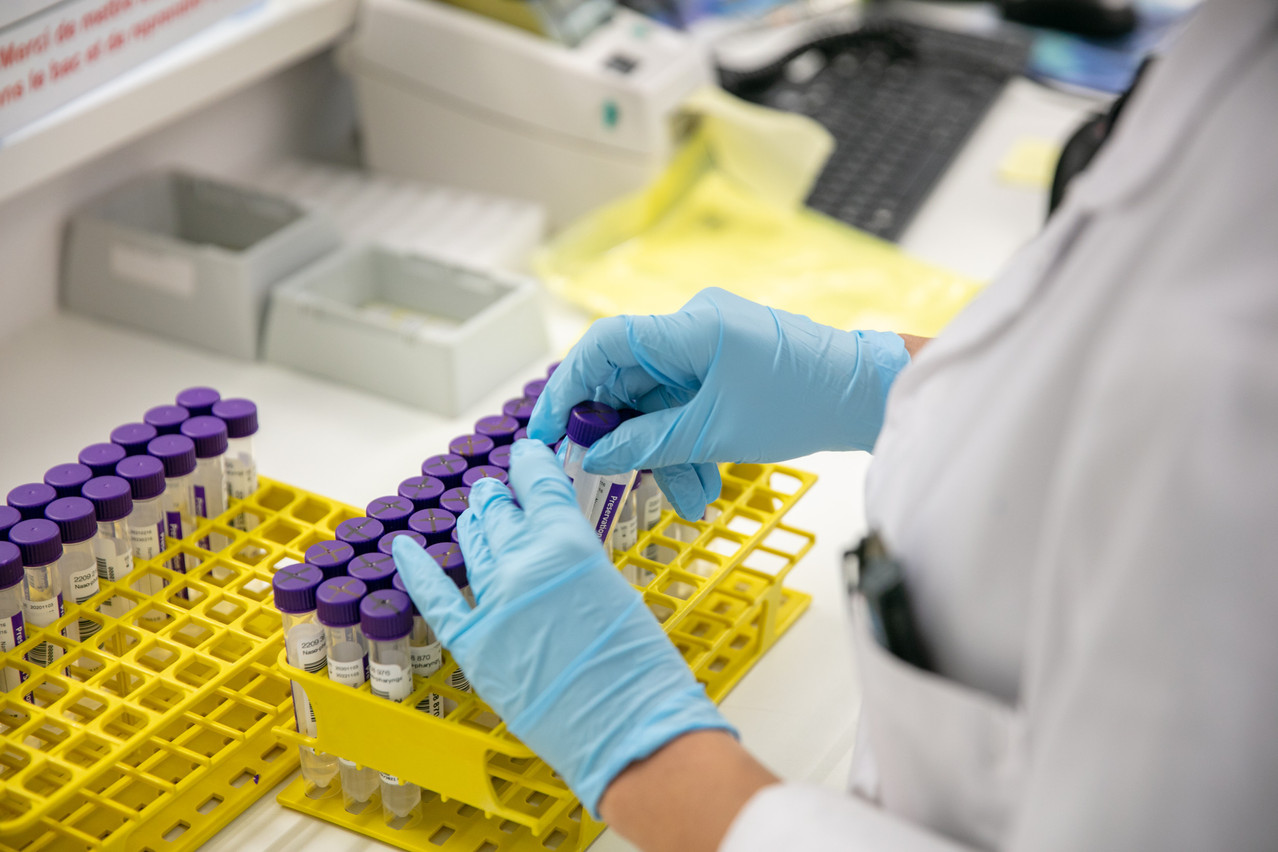Between 2 and 8 August, Luxembourg posted 404 new cases and traced 1,379 contacts to those infected. Unless fully vaccinated, people who have been in contact with a person tested positive must isolate for a week before getting tested.
In more than a third of cases (38.3%), the ministry could not point to a specific source of infection. Family and friends remained the largest known source (29.8%), followed by travel (21.1%) and leisure activities (4.1%).
Luxembourg has no specific test or quarantine requirements for holidaygoers except the use of the digital green certificate for flights into the grand duchy. At the end of July, it abolished quarantine for arrivals from the UK, although travellers from India must still isolate upon arrival.
“We have a clear holiday effect,” Luxembourg’s chief medical officer Jean-Claude Schmit said during a press conference on Wednesday morning. “But it’s not as if numbers are increasing dramatically.”
Towards the end of the school year, Schmit said school students going on holiday together had resulted in several infection clusters. “We’re not seeing this phenomenon anymore,” he said.
The chief medical officer also speculated that people who catch the virus abroad are likely to have also become infected if they had stayed in Luxembourg. “You become infected where you are. That doesn’t depend on the foreign country or Luxembourg. It depends on how you behave,” he said.
Among those infected, around three quarters weren’t vaccinated (76.5%) while 23.5% were fully vaccinated. The health ministry on Wednesday said it would offer a for individuals suffering from immune deficiencies. Whether it will make an additional dose available to the elderly or the general population remains to be discussed, the minister, Paulette Lenert (LSAP) said.
Around two thirds of those aged 12 or over--authorised to be vaccinated against the coronavirus--are fully vaccinated, the ministry said. “Additional efforts are needed to raise awareness in particular among younger age groups, the 12 to 40-year-olds, to be vaccinated,” the ministry said.
